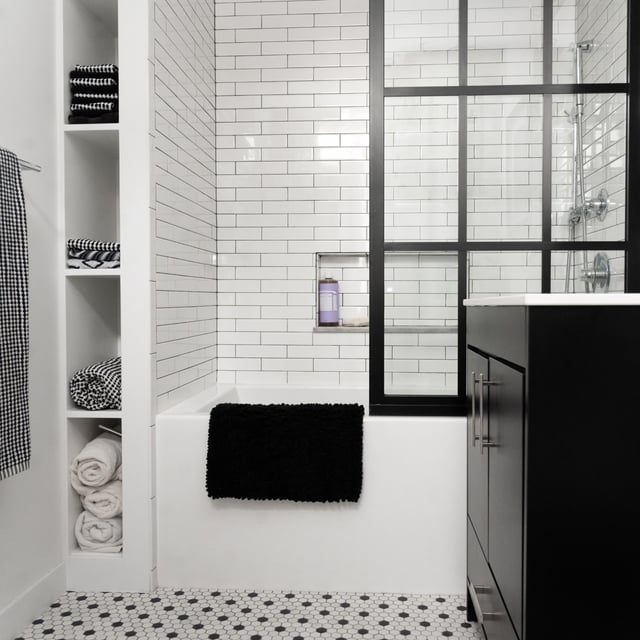
Remodeling
How to Finance a Bathroom Remodel in New Jersey
03.19.2025
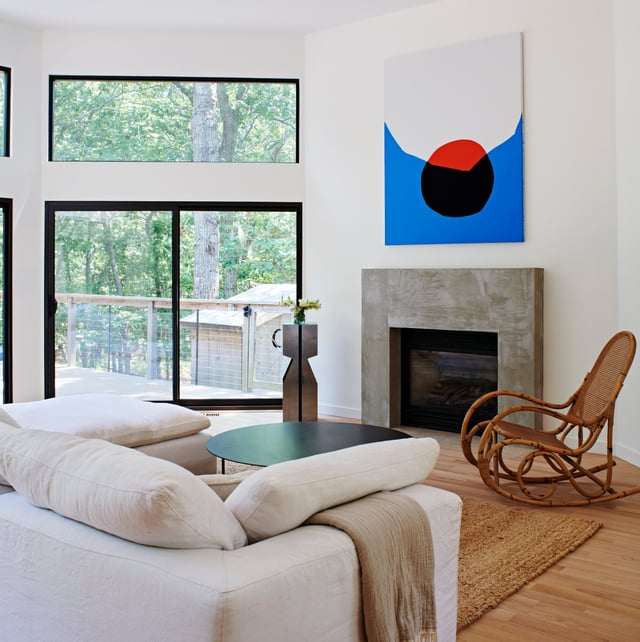
In This Article
Ready to expand and refresh your home with an addition? Whether you’re adding a new ensuite bedroom, a sunroom, or another type of space, a home addition can be a great option for any homeowner. Home additions increase the square footage and functionality of your home, while also boosting its value.
Like any renovation project, you need to plan carefully for your home addition—starting with estimating and budgeting for your home addition costs. Read on for the latest info on the average cost of a home addition in 2024.
|
In This Article: Average cost of a home addition Types of home additions and their costs Factors affecting home addition costs |
The exact cost of your home addition will depend on a variety of factors (more on those below), but before diving into specifics, it helps to see a ballpark figure. That way, you know if this type of project is even feasible yet for your budget.
Check out the following chart to get a sense of home addition cost ranges in major cities.
| Location | Average cost of home addition |
| New York City | $200–$600+ per sq ft |
| San Francisco | $300–$700+ per sq ft |
| Chicago | $100–$500+ per sq ft |
| Philadelphia | $100–$500+ per sq ft |
| Los Angeles | $200–$600+ per sq ft |
There are all sorts of reasons why you might want a home addition. The purpose of the space will help determine that project’s needs and how much it will cost to complete.
The following chart shows some of the most common types of home additions and their estimated costs.
| Type of home addition | Cost by type |
| Basic room addition | $80–$480+ per sq ft |
| Bathroom addition | $200–$600+ per sq ft |
| Kitchen addition | $250–$750+ per sq ft |
| Sunroom addition | $150–$550+ per sq ft |
| Mudroom addition | $100–$500+ per sq ft |
| Second-story addition | $150–$450+ per sq ft |
The total cost of your home addition project will be influenced by a number of factors you should take into account, including:
For example: If your home addition requires plumbing, electricity, and/or an HVAC system, those renovation costs will add up. Each type of task requires a licensed specialist and an applicable building permit—and all of the attached fees.
Learn more: Demystifying the Costs of a Home Renovation Project
If you’re concerned about staying within budget, don’t worry—there are plenty of actions you can take up front to help you save on the cost of your home addition.
Upfront planning is key to renovation projects. You and a designer or architect should make a detailed plan from the start. That will help you avoid costly changes and delays once construction gets underway.
Any successful home renovation is covered by realistic budget planning. Be honest with yourself about your finances and access to funds: How much can you afford to spend on the addition? Your budget should account for labor, design, materials, permits, and any unforeseen expenses.
It’s fun to daydream about intricate designs, but the reality is: The more complex your design, the more expensive the home addition costs will be. To work within a smaller budget, finalize a simpler design for your home addition. You can deprioritize luxury features while still meeting the needs of your new space.
Your project costs are affected by not only where and what you’re renovating, but when you’re kicking off the project. Plan your project during off-peak seasons when contractors are more available and labor costs are lower. Typically, this is during the winter months.
Learn more: How to Plan Your Renovation Budget
Return on investment (ROI) is never guaranteed when you renovate your home. But typically you can get a pretty decent ROI for home additions.
This chart shows the latest ROI estimates for different types of home additions.
| Type of home addition | Average ROI |
| Basic room addition | 50%–70% |
| Bathroom addition | 60%–70% |
| Kitchen addition | 60%–80% |
| Sunroom addition | 50%–60% |
| Mudroom addition | 50%–60% |
| Second-story addition | 65%–75% |
How do you choose the right contractor for a home addition?
Is it cheaper to build up or out when adding to a home?
Do home additions require building permits?
How long does a typical home addition project take?
What factors can increase the cost of a home addition?

Renovate confidently with Block
Easily compare quotes from top quality contractors, and get peace of mind with warranty & price protections.
Thousands of homeowners have renovated with Block

4.5 Stars (100+)

4.7 Stars (100+)

4.5 Stars (75+)

Remodeling
How to Finance a Bathroom Remodel in New Jersey
03.19.2025
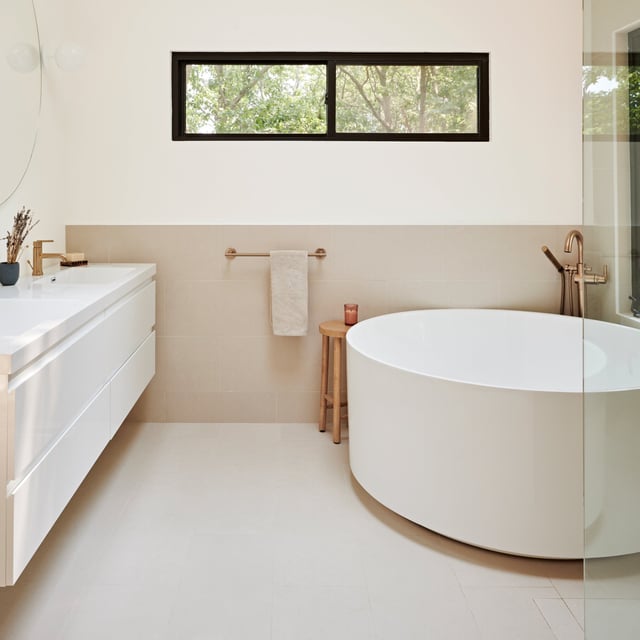
Cost
A Complete Guide to Bathroom Renovation Costs in Fairfield County (2025)
03.19.2025
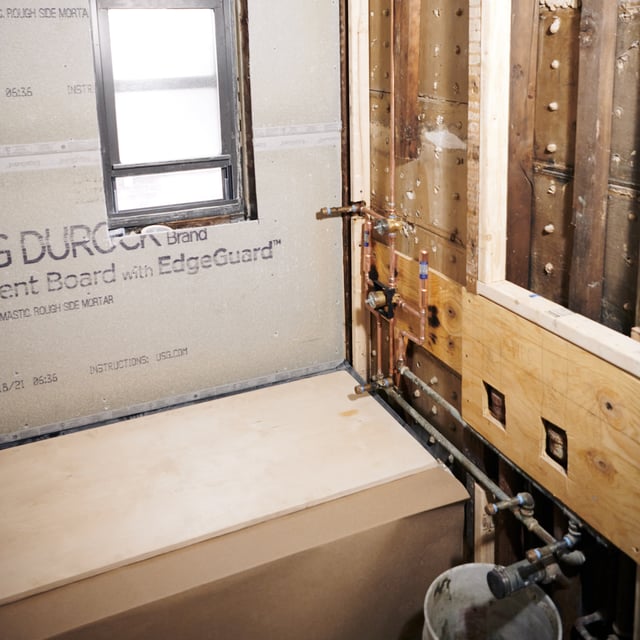
Cost
How Much Does It Cost to Add a Bathroom to a House?
03.19.2025
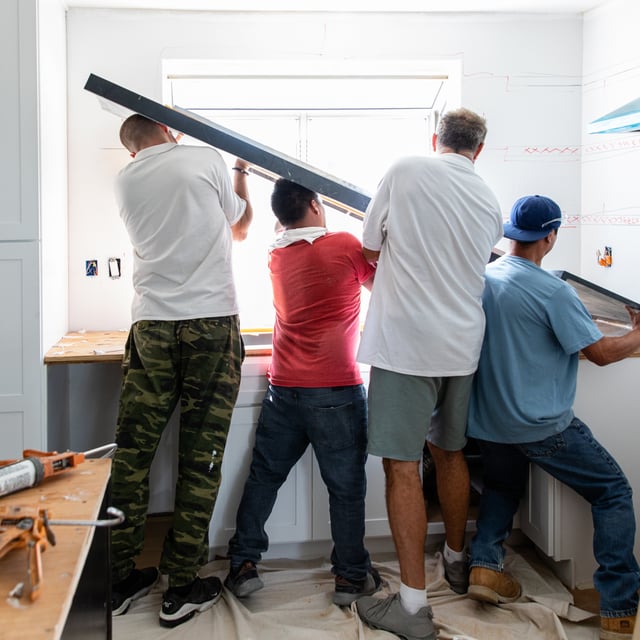
Remodeling
Should You Renovate Before Selling Your Home?
03.19.2025
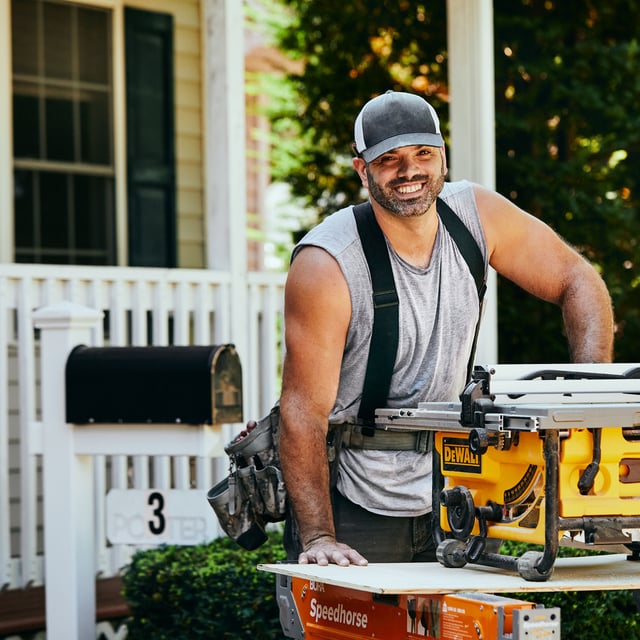
Remodeling
How to Renovate in Boston: A Complete Guide
03.19.2025
Renovate confidently